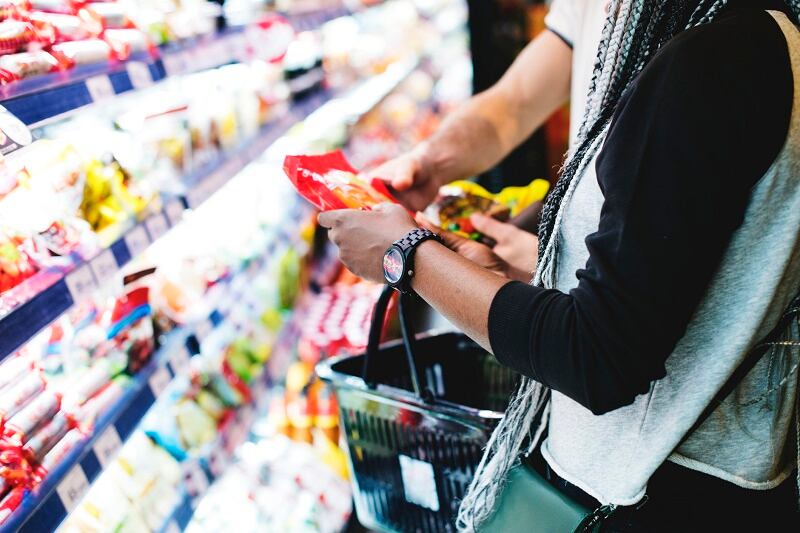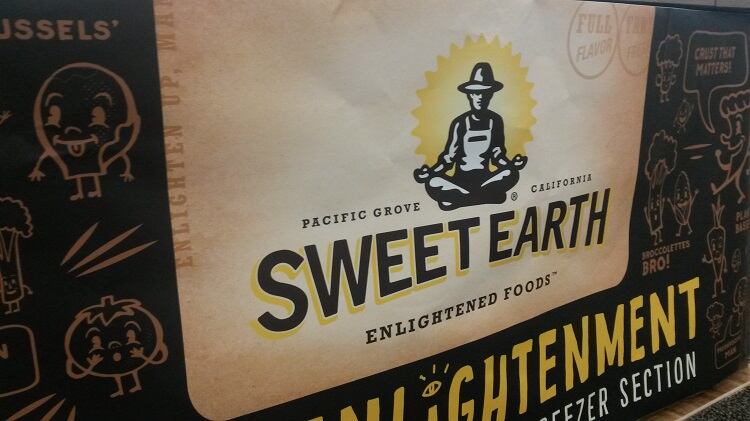“When you are a startup, you have very limited resources, so you always have to be deciding with our very small pot of money what we are going to stand behind and what we are going to invest in,” Sarah Chalos, president and co-founder of I Heart Keenwah and FoodBytes! alum told FoodNavigator-USA.
This has prompted the company, which is focused on making quinoa “not so esoteric and more every day,” to make some tough decisions that hurt the founders’ hearts, but which they knew was better for the company in the long run.
Learning to let go
For example, the founders made the hard decision to discontinue their flagship product after subsequent product launches resonated better with consumers.
“We stated with quinoa clusters and I think that generated a lot of interest because it was a snack no one had seen … before, but as we launched other products we saw that they just had faster turns. There were getting wider market acceptance. So, if you have a limited number of dollars to invest in your brands and in your products, it is just a simple math equation of ‘hey, we are not going to invest here, and we are going to shift our focus to other brands,” Chalos explained.
But, she added, “It was not easy for us. It will always have a place in my heart, especially ginger peanut, which was the worst seller, unfortunately. Which just goes to show you don’t launch things you are excited about” without also doing market research first.
Learning to say no
Like learning to let go, learning to say no was another lesson the founders of I Heart Keenwah learned the hard way.
“One of the challenges we faced at the beginning is we said yes to everybody who said yes to us. We were just two of us with no funding and we spread ourselves really thin across the whole country. So we couldn’t get behind the products and support them with promotions and marketing,” she explained.
“So, what we have started do now is that we have had that experience is every retailer we do a profitability analysis and ask how much is it going to cost us to be on the shelf and is it worth it because there are a lot of upfront costs and how long do we think it will take us to break even? Will it be in two years, three years, maybe? Maybe it is not worth it at that point,” she said, noting that the company tries to break even after three to six months.
By letting go of and saying no to some things, the founders of I Heart Keenwah are able to say to other things – and in doing so are helping more consumers to follow their lead and say yes to a grain they may not know yet.
Chalos explained that by streamlining the snack segment of its portfolio, I Heart Keenwah was able to launch “more hard core quinoa” products, including its toasted quinoa in pouches and a hot cereal made from quinoa that is similar to oatmeal.
By creating this type of sales funnel, Chalos added, the company has gained more acceptance with mainstream shoppers, and it is looking forward to expanding more into conventional retailer to access more consumers.
As the brand continues to grow, Chalos said she fully expects to continue learning and encourage newcomers not to be discouraged if they don’t have all the answers yet, because nobody does.
“To anybody who is thinking about starting a company and going into this space, there is just so much happening in this space. There is a lot of turmoil and people are trying to figure it out, and retailers are trying to figure out the changes … and big companies are trying to figure out how they can be innovative,” she explained. “So, I think it is a really exciting space to be in now because there is just so much happening and so much change happening in a short amount of time – so just go for it!”



